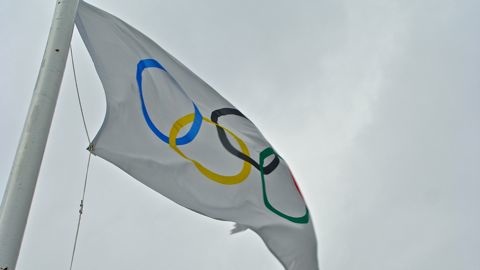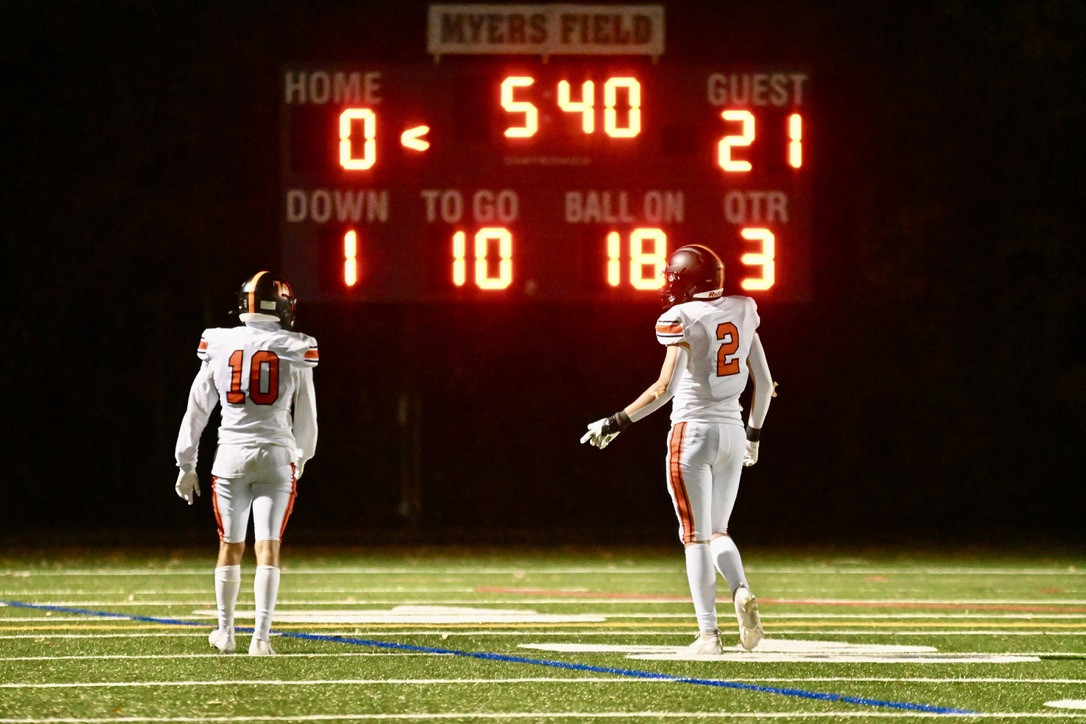
Every serious athlete’s dream is to compete as an Olympian on the world stage. The Olympics, an ancient Greek tradition, was originally held to demonstrate physical prowess. These competitors were usually soldiers by trade, and they participated in various events and challenges to show their athleticism outside of war. A great athlete was assumed to be a great warrior. While most of the Olympians these days are not soldiers, what they’ve had to endure would make Zeus gape in awe.
As with all great things, the preparation for the games is grueling. Michael Botticelli, an Olympic skater from the Middlesex county area, was a high-ranking contender at the winter games in Lake Placid in 1980. Growing up in Weston, Massachusetts, he and his partner Sheryl Franks decided at the age of nine that it would be their goal to make it to the Olympics.
[adrotate group=”2″]
Michael and Sheryl, at the ages of 11 and 9, respectively, placed 12 out of 13 teams as the youngest competitors at the national level. From then on, practices that had previously last one to one and a half hours a day became two to four hours a day.
While in high school, because he did not have time during the day to practice skating, Michael took time out of the night, sometimes practicing from 10 to 2 in the morning. In part because of their dedication, by the age of 15 the pair were already competing at an international level.
In 1976, they placed in the top 4 of the qualifying performances for the Olympics. While they lost by 1/10 of a point, it was that narrow loss that affirmed their goal was within their reach and fueled their motivation to make the Olympic team in 1980.
The pair did make the 1980 Olympic team, and were in 3rd place after the short program.
One of the reasons the two were able to maintain their tenacity for skating was that they thoroughly enjoyed the sport and did not view it as work. Botticelli says that you just need to “find the thing you like to do” and you will succeed at it.































